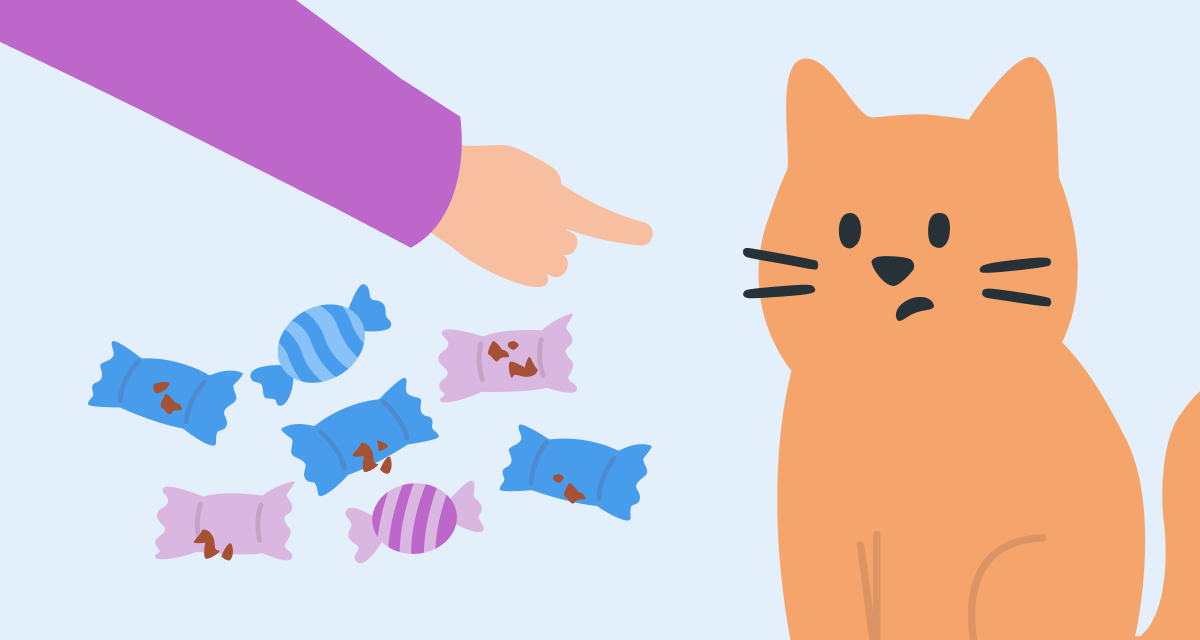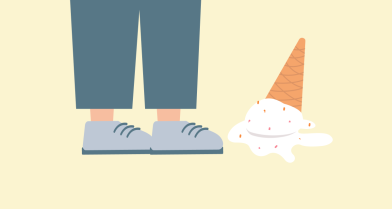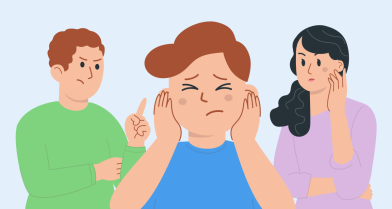When Your Child Lies: Advice from a Psychologist

Finding out your child has lied can feel upsetting. You might feel confused, anxious, or want to get to the bottom of it right away. But before you react, try to remember: lying among children is extremely common and isn’t always about bad intentions. It can be part of growing up, a way to handle emotions, or even a way to protect a relationship.
🤥 How Lying Changes With Age
In early elementary school, kids may lie to avoid punishment or make themselves look better. In preteens, lying can help them fit in with peers or hold onto a sense of importance.
For teens, lying often comes from a desire to protect their personal space and feel like adults respect their boundaries. At this age, they usually understand that lies can hurt others, and they start trying to explain or justify their reasons to themselves and others.
💬 How to Respond to Lying and Stay Connected
If your child lies, it doesn’t mean the trust is broken forever. In fact, this might be the most important moment to stay emotionally close. Here are a few steps that can help you stay connected and show your child that honesty matters in your family.
1. Take a Pause
If you catch your child in a lie, try not to jump into accusations. First, ask yourself: What is behind my child lying? Has something changed recently? What might my child be feeling?
It can help to talk it over with other adults involved in the parenting and child development field before deciding how to respond, especially if you find yourself getting really upset.
2. Set Clear Rules Together
Honesty can take time to develop. Share why it matters in your family. Talk about which behaviors are not okay, and what will happen if agreements are broken. Try to agree on consequences in advance, and avoid using threats.
3. Focus on the Reasons Behind the Lie
Kids rarely lie “just because.” Usually, there’s a reason. For example, if your child lied to avoid punishment, it might be worth reflecting on how your family responds to mistakes.
If your child lies to get attention, maybe they’re not feeling seen enough in other areas. Try to look beyond the behavior and see the need behind it.
4. Encourage Steps Toward Honesty
If your child comes clean about a lie, praise them and try to reduce the consequences. This helps show that telling the truth is safe and builds trust over time.
Let your child know that honesty helps make things better, and try to follow this rule yourself.
5. Avoid Labeling
Words like “liar” can feel like an attack on who your child is—not just what they did. If they hear those words often, they may stop believing they can be good, even when they try.
It’s more effective to talk about the lie itself and what caused it. This helps teach responsibility and supports a trusting relationship.
6. Be the Example
Honesty is something kids learn by watching adults. You might not think that “white lie” is a big deal–until your child starts doing it too. Admitting your mistakes and being sincere—even in tough conversations—is a powerful lesson.
🆘 When to Seek Help
If your child lies even when there’s no clear reason or benefit, does it often, and doesn’t feel guilty, they might be struggling with something deeper. In this case, try to support them, and consider reaching out to a psychologist.
If the lies involve risky behaviors—like aggression, substance use, or breaking the law—it’s important to act sooner rather than later. Not because “everything is terrible,” but because your child needs help to understand and change the behavior.
Lying doesn’t mean trust is gone. It’s a chance to pause, breathe, and talk—calmly and sincerely. It might not change the situation right away, but open communication is the first step toward a stronger relationship and your child choosing honesty.
References:
- The relation between the parenting styles and children’s lying behavior, Exploring socio-cultural dynamics and sustainable solutions in a changing world, 2024
- Development of lying in children: Cues and secrets: A psycho-cognitive assessment, Journal of Research in Humanities and Social Science, 2023
- Effects of parenting by lying in childhood on adult lying, internalizing behaviors, and relationship quality, Child Psychiatry Human Development, 2023
- Why Kids Lie and What Parents Can Do About It. Child Mind Institute, 2025.
- Children and Lying. Raising Children, 2025.
Проверьте электронный ящик



















